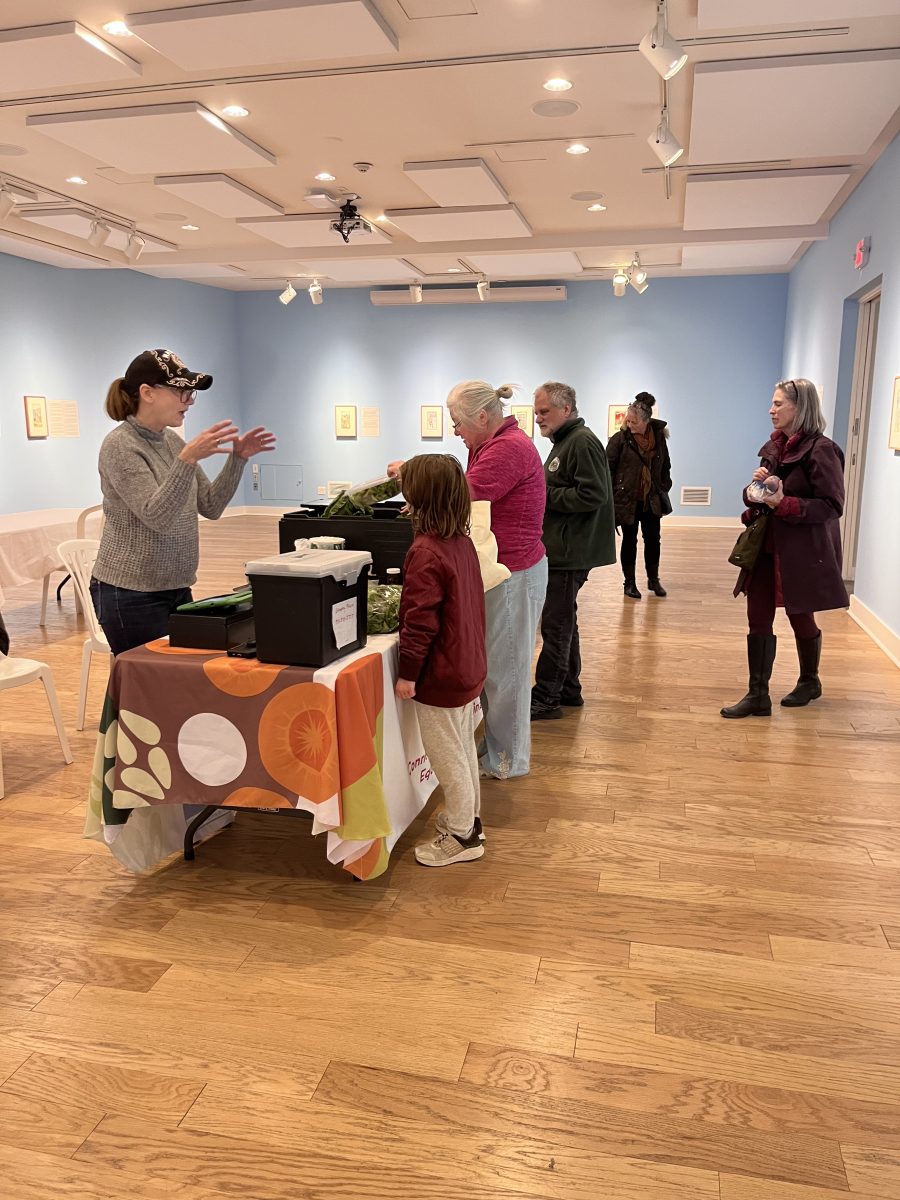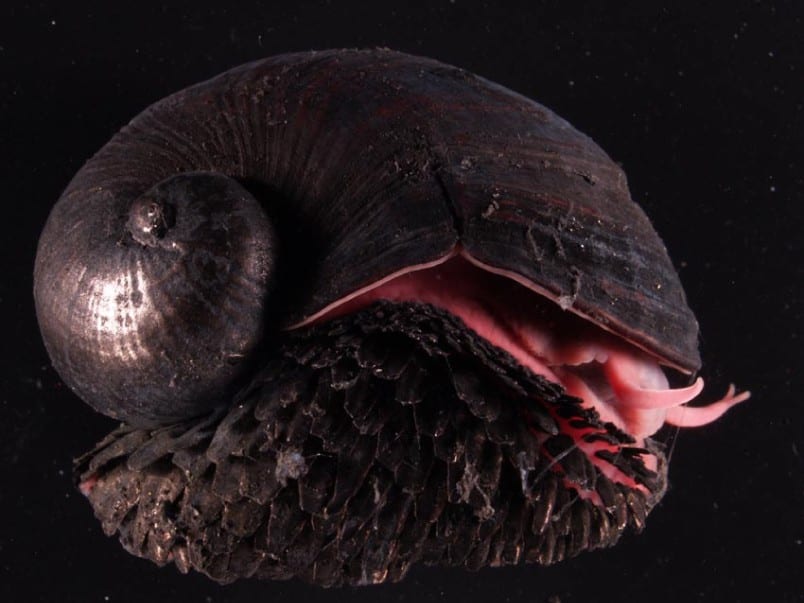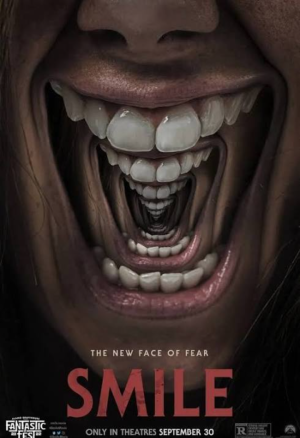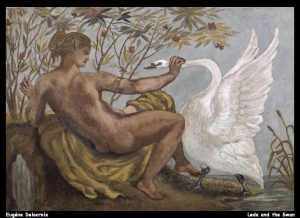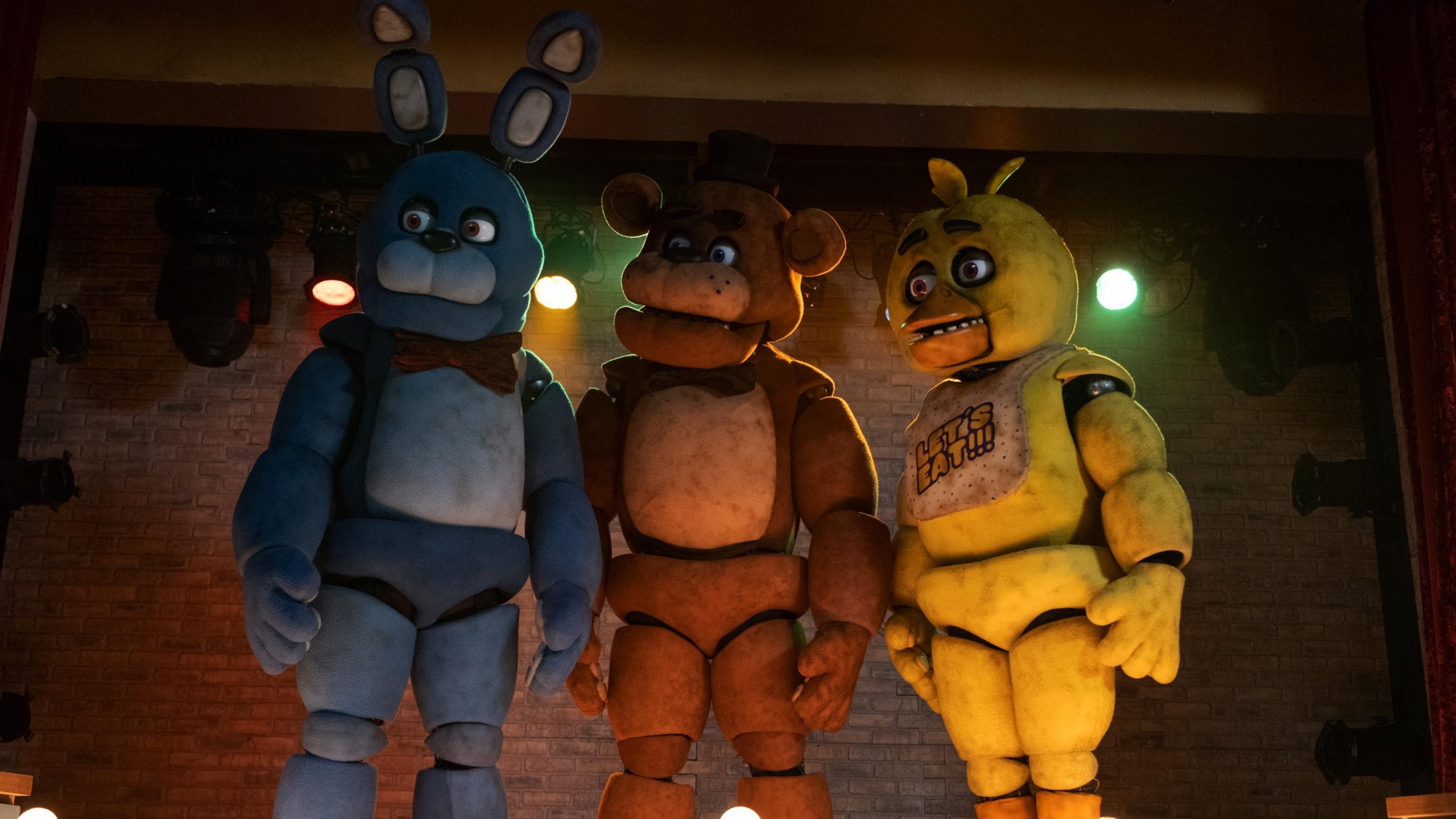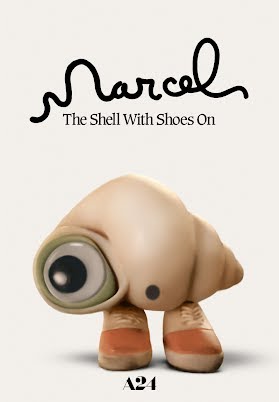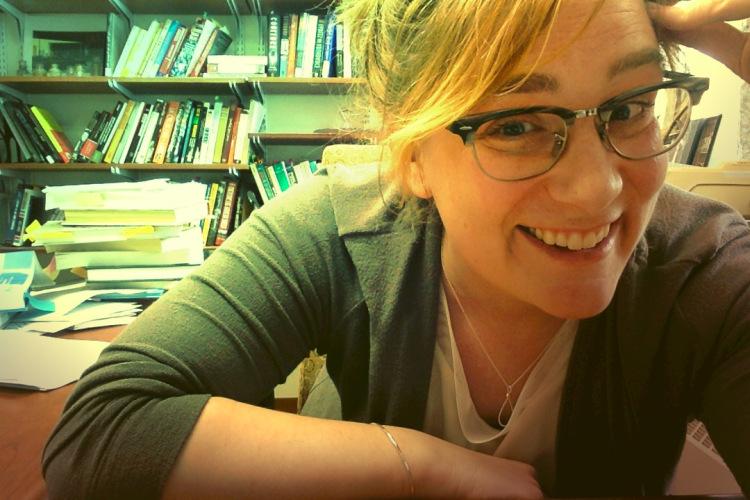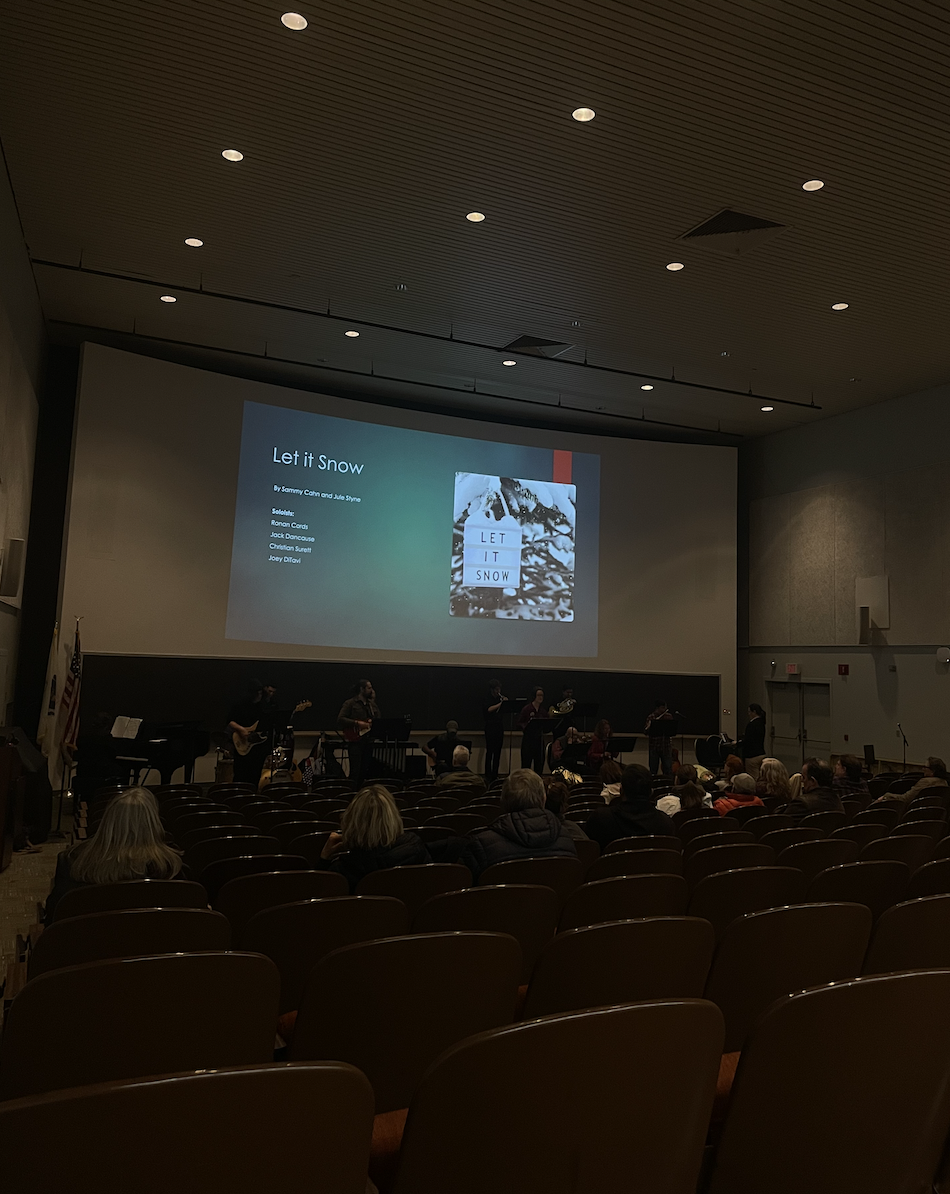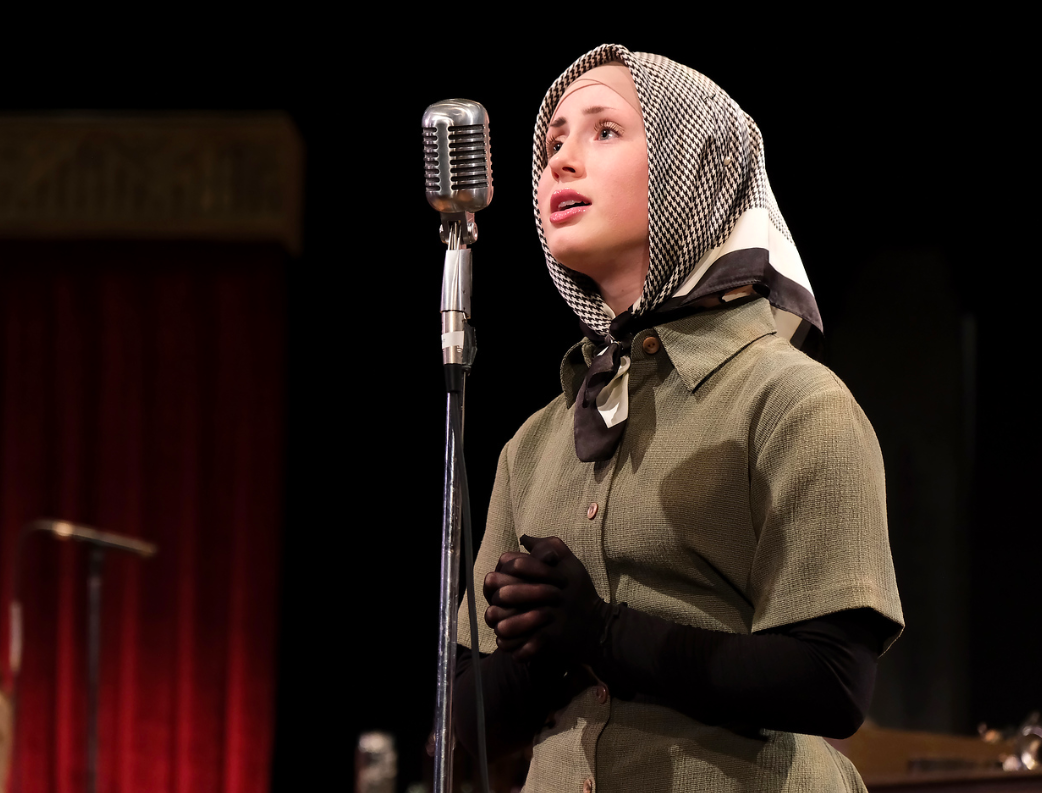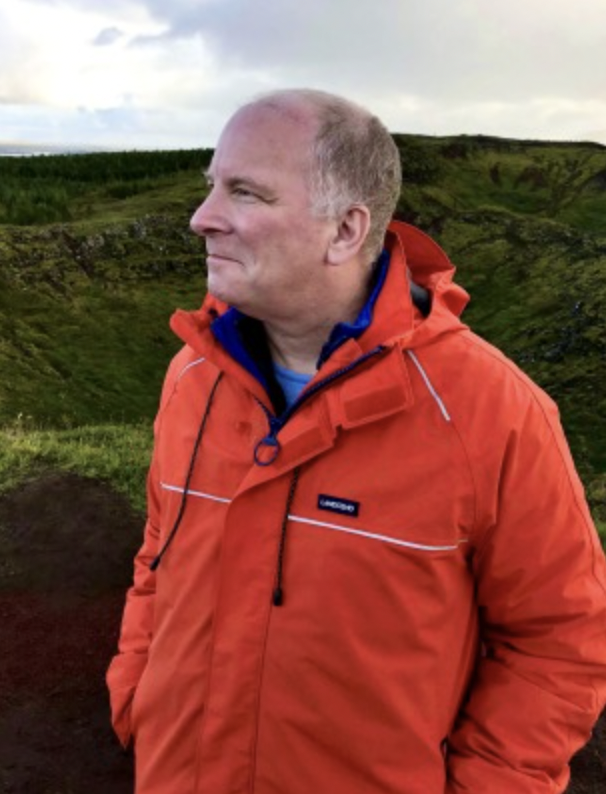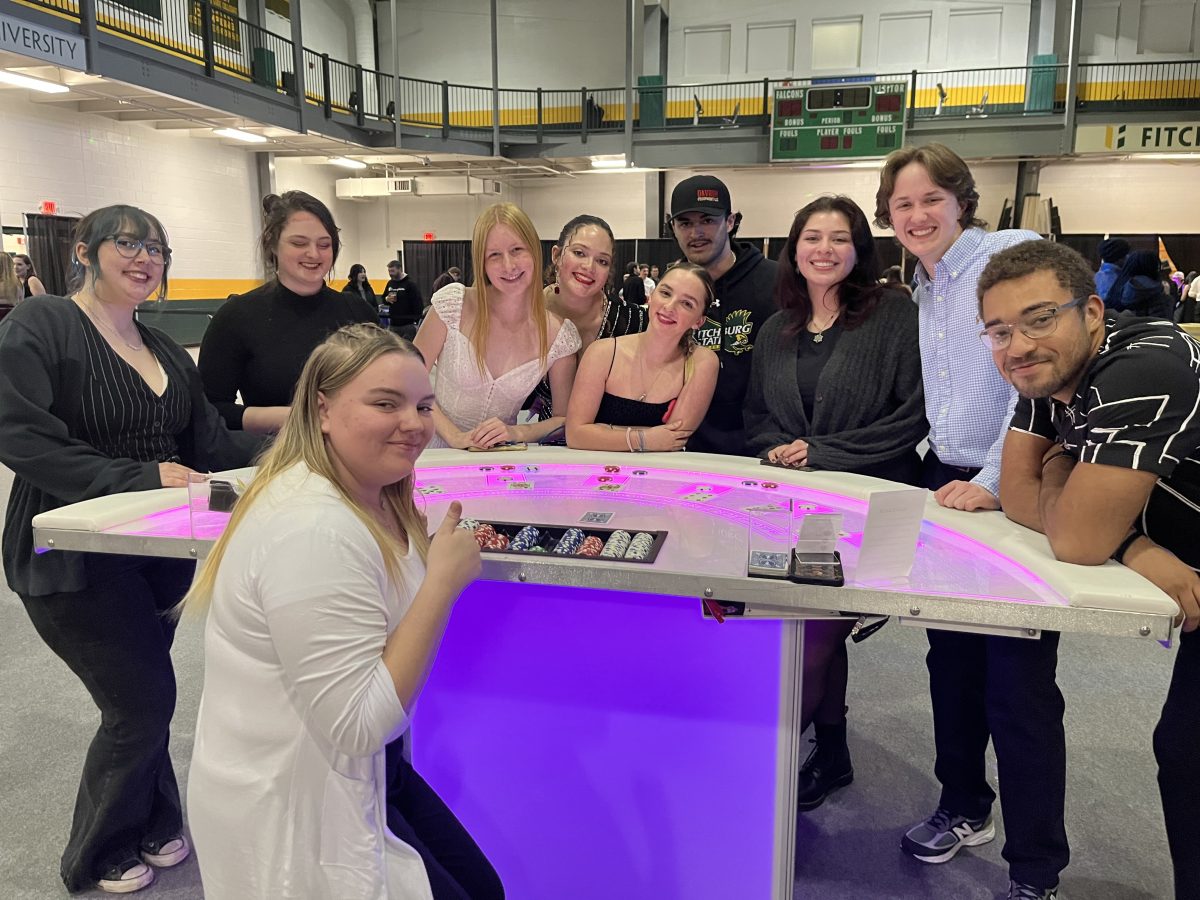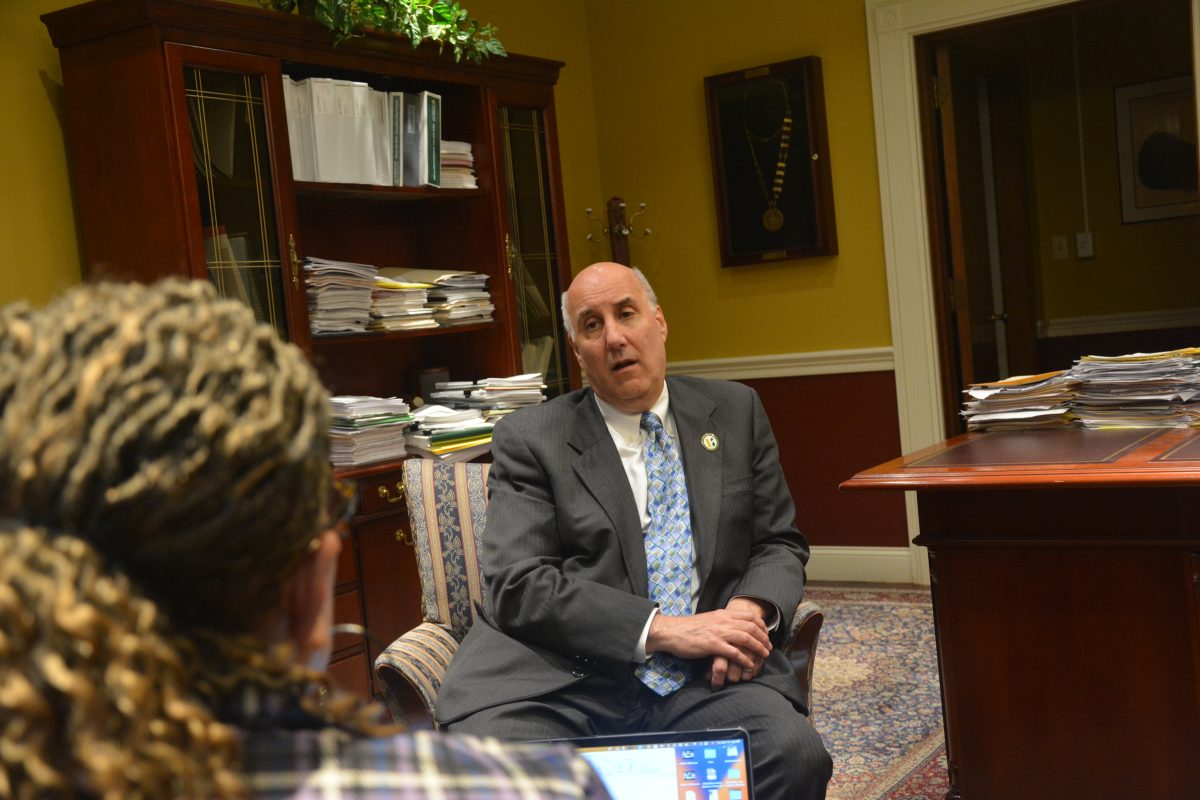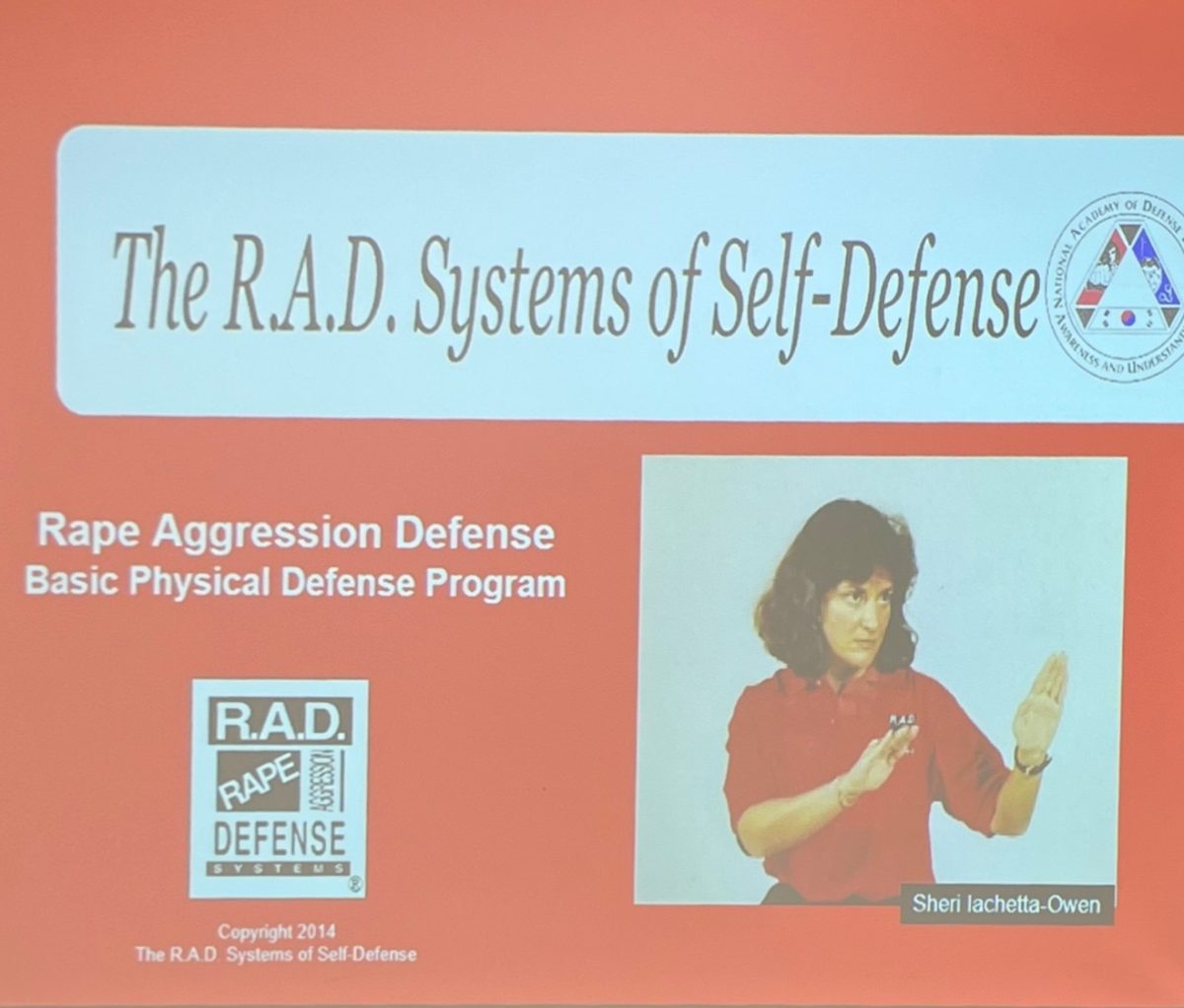Brittany Eldridge –
“We form a shared identity and history through what we listen to,” said Katherine Rye Jewell, Ph.D.
Jewell, a history professor at Fitchburg State, recently received the position of co-chair of the College and Community Radio Caucus of the Library of Congress Radio Preservation Task Force. She locates and archives recordings of college radio broadcasts, mix tapes, and sound bytes covering protests and other historical events.
Jewell works as an archivist in order to uncover college students’ voices from the past. She explained that while paper-based records tend to last, many audio sources are “endangered.” Tapes tend to decay and audio can only be preserved if it is recorded and stored. Jewell seeks to find and preserve these voices that would otherwise be lost.
In a world now heavily focused on reaching out globally, Jewell stated that localization of college radio stations is key. Individuals want to know what is happening and when in their local community. This change from global to local stations was bolstered by the Low Power FM Movement.
The Federal Communications Commission defines Low Power FM as a radio service first offered in January 2000. Low Power FM has a maximum of 100 wattage. A 100 watt station can only reach a maximum of 3.5 miles. These Low Power FM stations are becoming more popular because they can target a smaller and more specific audience.
Jewell referred to college radio as the “sound of America” that really picked up in the 90s. 90s rock bands such as Nirvana really led to this surge in college radio stations. Hip hop, too, played a role in the creation of college radio stations such as the one at the University of Vanderbilt in Nashville. Many of the students put together mix tapes, did improv performances, and aired local announcements. These local radio stations included national and local news in their broadcasts. Locally, some stations worked to preserve their school’s marching bands.
In 2011, according to Jewell, “college radio died.” School administrators had become concerned about the content on these stations: many stations included profane language as well as strong opinions that went against those of the institution. The censorship of student voices began in Catholic institutions in the 70s. For example, a Catholic university in Georgetown covered the protests regarding family planning. The administrators then closed the station down. Fast-forward to 2011 and college radio stations experienced high profile closures that led to what the New York Times referred to as the death of college radio. One of those closures was Vanderbilt Student Communications. This nonprofit student-run organization ran the University of Vanderbilt’s radio station until a local radio station purchased it.
Now, Jewell and archivists throughout the country search for archival sounds and work to preserve those sounds. The most challenging aspect of archiving sound, according to Jewell, is finding the cassettes and records on which that sound is stored. Jewell and other archivists often talk to individuals who worked at college radio stations. Typically these individuals will disclose that they have mixtapes and old recordings in their attic or basement. In other cases, archivists often obtain reels, tapes, and other equipment from radio stations because they are too large to store in the station.
When asked if Jewell found anything unusual while looking through archival material, she replied that “you never know what you are going to find.” One time, while looking through materials at a radio station, Jewell uncovered board meet minutes scribbled with sharpies on toilet paper. She also found large sheets of graph paper with announcements that were taped to the wall. The individuals at that station all added communal notes.
Now, college radio is streamed live digitally. Even as college radio evolves, there is still a local focus. “Sound knits together local communities” Jewell stated. More information related to Jewell and to her archival work can be found at her website.

February 16, 2024
February 16, 2024
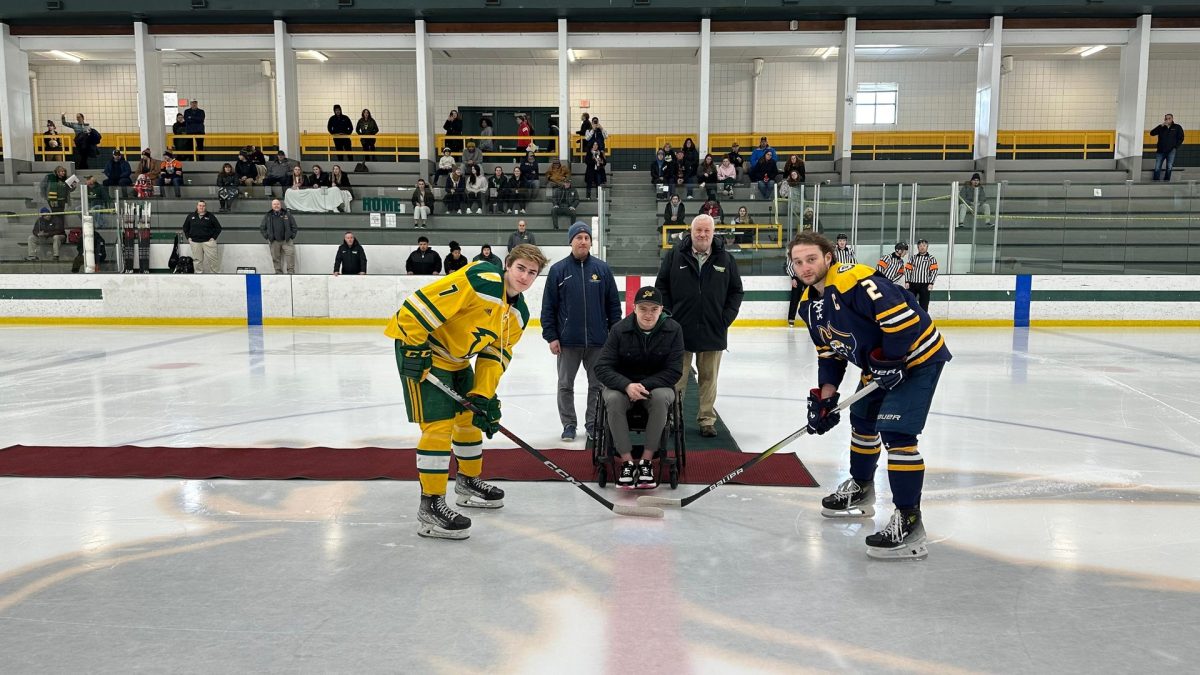
February 16, 2024
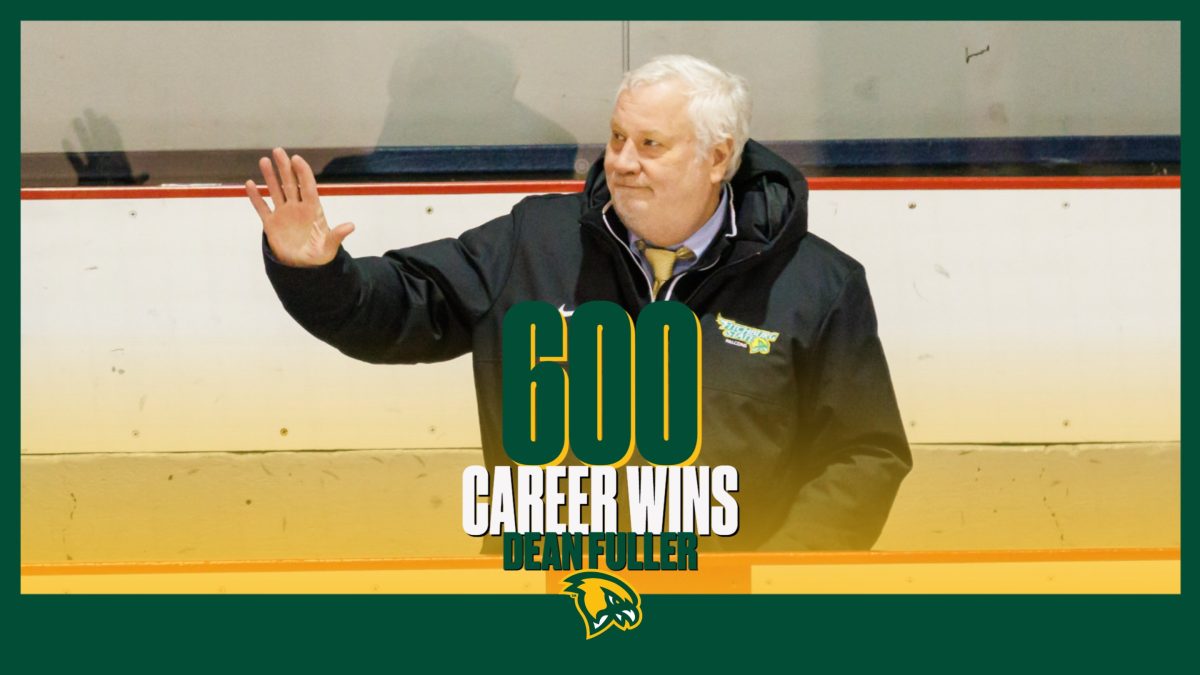
February 16, 2024
Trending Stories
FSU Professor Receives Role in Library of Congress Radio Preservation Task Force
October 28, 2020
Leave a Comment
More to Discover


